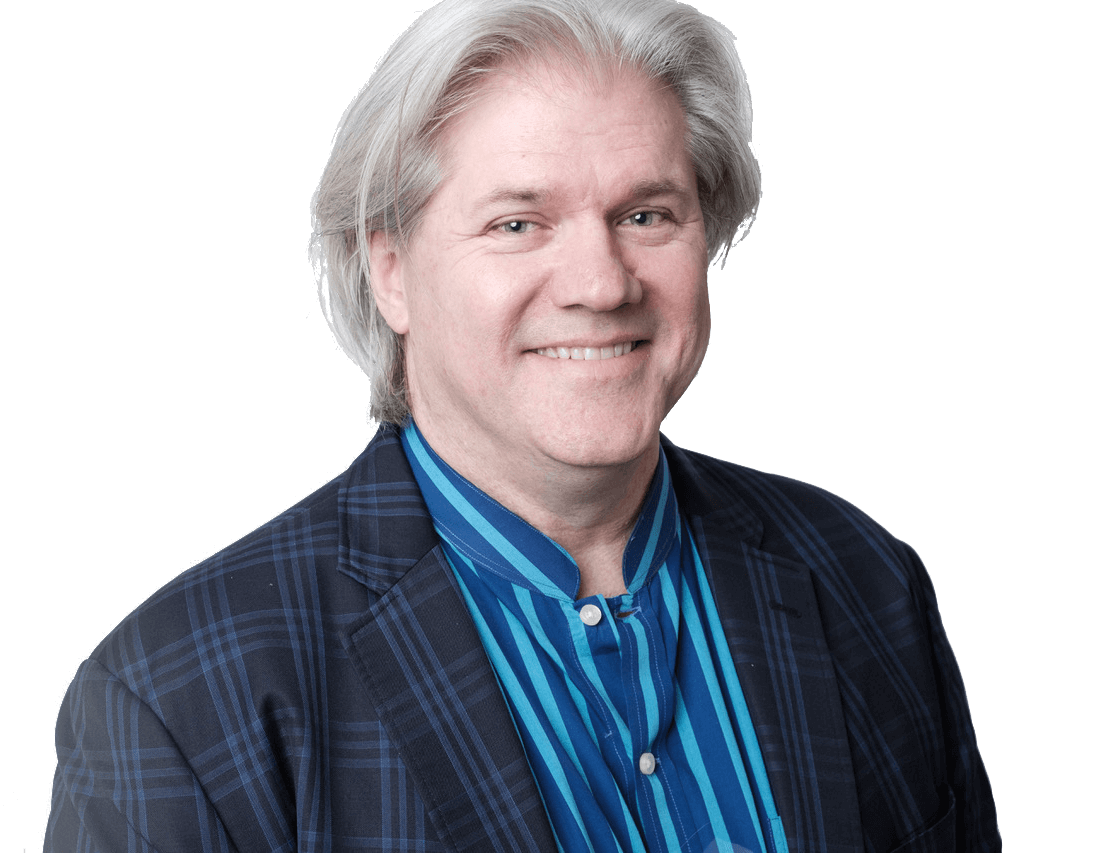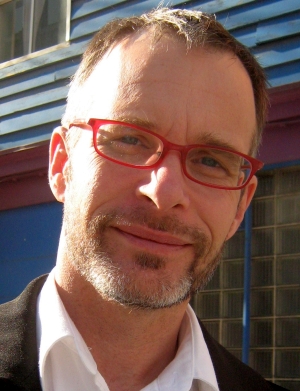Podcast: Play in new window | Download | Embed
Subscribe: RSS
 Last week I interviewed Raymond McCauley for Singularity 1 on 1.
Last week I interviewed Raymond McCauley for Singularity 1 on 1.
I met Raymond last summer at Singularity University where he is the Co-Chair of Biotechnology & Bioinformatics.
McCauley is one among many former hackers and computer scientists who went into the exploding biotech industry. He has an infectious passion for bioinformatics and a fantastic radio voice that simply disarms skepticism.
During our conversation we discuss issues such as Raymond’s background in hacking and computer science; his move to bioinformatics and his day-job at Genomera; his involvement in Singularity University and BioCurious; biology as the growth industry of the 21st century; the faster-than-exponential growth in genomic data; personal genomics and the promise of personalized medicine; the Oxford Nanopore DNA USB sequencer; DNA sequencing for less than a penny; synthetic biology and intellectual property rights; religion, philosophy and ethics.
My favorite thought that I will take away from Raymond:
“Be your own scientist! Find the simplest idea or thing that you can test, prototype, try it and see.”
I think that this is what true science is all about — Thank you, Raymond!
As always you can listen to or download the audio file above or scroll down and watch the video interview in full. To show your support you can write a review on iTunes, make a direct donation, or become a patron on Patreon.
Who is Raymond McCauley?
Raymond McCauley is Chief Science Officer at Genomera, Biotechnology & Bioinformatics Co-Chair at Singularity University and Co-Founder and Chief Architect at BioCurious.
Raymond is a bioinformaticist and computer scientist working on practical nanotechnology, genomics and bioinformatics. He was previously Senior Biomformatics Scientist at Illumina – a Bay Area biotechnology company that uses next-gen sequencing technologies to build applications in areas such as miRNA, ChlP-Seq, methylation and epigenomics. Before that, as a Sr Scientific Engineer at Ingenuity Systems (pathways analysis and systems biology software) he modeled metabolic and signaling pathways and built drug and disease models. At Rapigene (acquired by OUIAGEN) he built systems to support SNP genotyping work. Raymond has also done bioinformatics consulting for pharmaceutical companies and government agencies.
McCauley did his graduate studies at Stanford (bioinformatics) and at Texas A&M University, where he received his MS in Biochemistry and Biophysics.
Related articles
- Daniel Kraft on Singularity 1 on 1: You Don’t Have To Be a Doctor to Improve Health Care
- Top 5 Tips for Applying to Singularity University
- Jose Cordeiro on Singularity 1 on 1: The Energularity is Near


